So, you're ready to go plant-based vegan but your family is not on board. How can you maintain peace in the family, while also improving your physical health? Here's some wise advice we've learned (sometimes the hard way) over the years.

Want to save this post?
Enter your email below and get it sent straight to your inbox. Plus, I'll send you quick & simple plant-based recipes every week!
Jump to:
How to deal with negativity from others
As you adjust what you eat, others will notice. Some will be interested, happy for you, intrigued. Others will intentionally or unintentionally say some really negative things to you.
How you choose to react is important. If you fuel that negative fire by arguing, no one will get anywhere good.
You'll end up being labeled a stuck-up, militant vegan. The other person will further reject the idea that a plant-based diet is healthy, even worth it.
But, if you refuse to be baited, you won't be forcing your views on others and the door will still be open to others considering this option in the future.
For those who are genuinely interested, feel free to share with them what you're doing, how you're feeling and why you're doing it.
Let them know about the resources that have helped you. But, let them decide for themselves.
Be considerate and let others make their own choice about what they eat. After all, you want them to be considerate and respect your choice, don't you?
Need help explaining the difference between vegan, plant-based and other terms? Check out Vegan vs. Plant-based and why it's okay to be veganish.
How to make vegan food your family will love
Naturally, if you're feeling better from eating better, you're going to want your family to feel better and eat better, too.
Some families will be supportive of this and others won't. Each situation is different.
If they are on board, fantastic! If they're hesitant or not on board, it's okay.
Here's a little secret: Everyone loves really good food.
If you make delicious food, they will eat it, regardless of the label.
People love accidentally plant based food.
- guacamole?
- pico de gallo?
- bruschetta?
- pasta?
- black bean soup?
- hummus?
- falafel?
- bean chili?
So, focus on cooking good food that's not weird (especially at first). The more familiar it is to them, the more likely they are to try it.
How to get kids to eat vegetables
Dealing with picky eaters?
Kids need their veggies, but it's hard to get them to eat them sometimes, isn't it? I was a super picky eater as a child and now I love all kinds of food, so there's hope!
Try some of these practical tips:
- Introduce new foods on a regular basis. Kids' taste buds change as they grow up, so what they hated last year, they may like this year.
- Have the kids help you in the kitchen. When kids help make the meal, they are more likely to eat it.
- Hide the veggies.
- If they won't take the veggies outright, hide them in foods they eat. Sneak zucchini into muffins.
- Make spaghetti sauce with onions, carrots, zucchini, mushrooms and then blend it up before serving.
- The mac and cheese sauce I make is made from potato, carrot, onion and garlic and when you blend it up with some seasonings, it looks like a vegan velveeta! My boys love it. Maybe yours will, too.
- Add veggies to smoothies. Tell them the green smoothie is a HULK smoothie.
- Last resort: do what our pediatrician said. When we had problems with our boys not eating well when they were very young (all they wanted was snacks, temper tantrums, the whole works), our pediatrician told us to serve the meal (the same food for the whole family). If the child didn't want to eat it, that was fine. But, they didn't get anything else to eat until the next meal. No snacks. The food stayed on the table. If they got hungry enough, they'd eat it. She said they would be perfectly fine skipping one meal. It worked for us.
Kid-friendly plant-based recipes
All summed up
- Don't start stuff.
- Let negative comments roll off your back.
- Don't be preachy.
- Work with your family, but don't be afraid to initiate healthy habits. You'll all benefit from it!
- You got this.
I'm so proud of you for all you're doing to be healthier. It's not always easy but it's totally worth it.

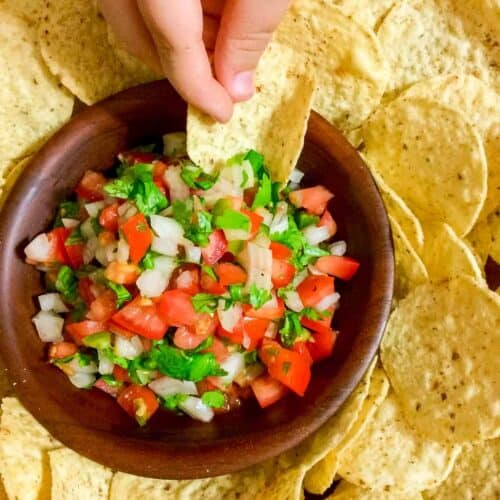
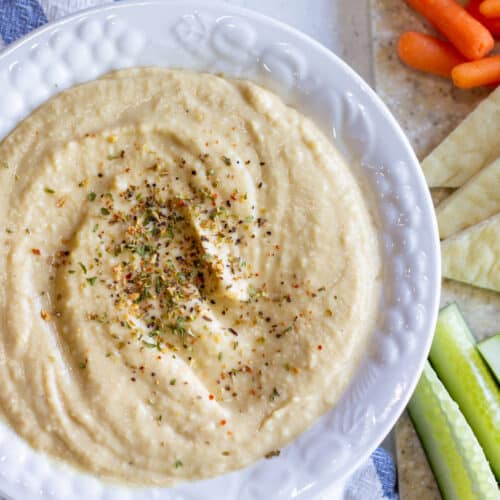
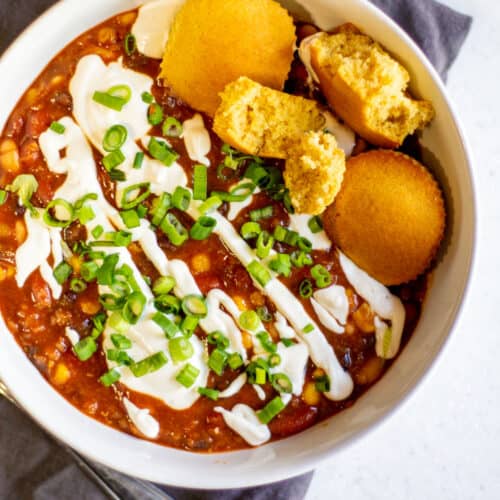
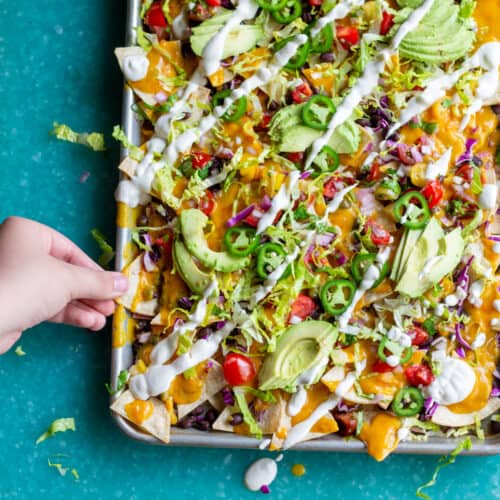

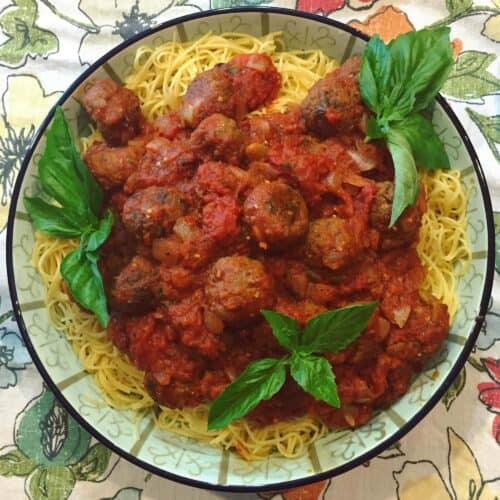






Comments
No Comments